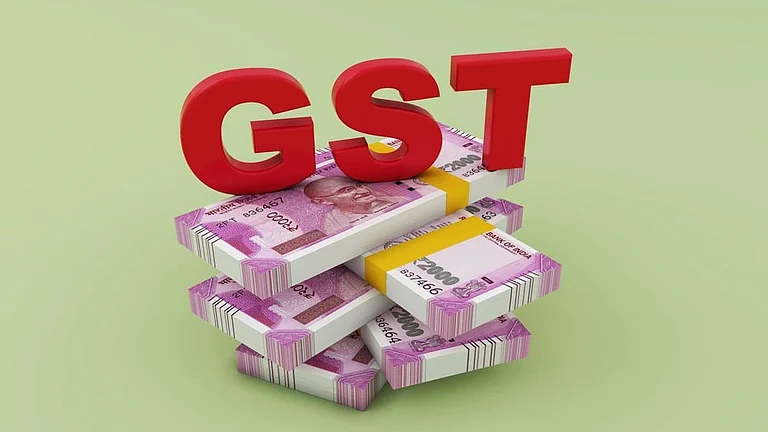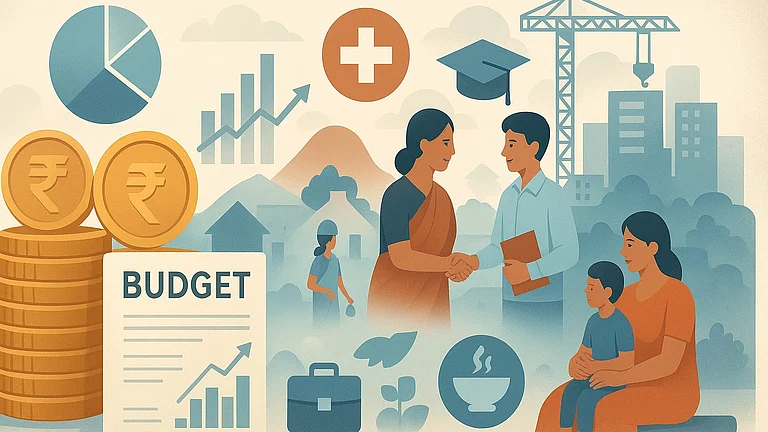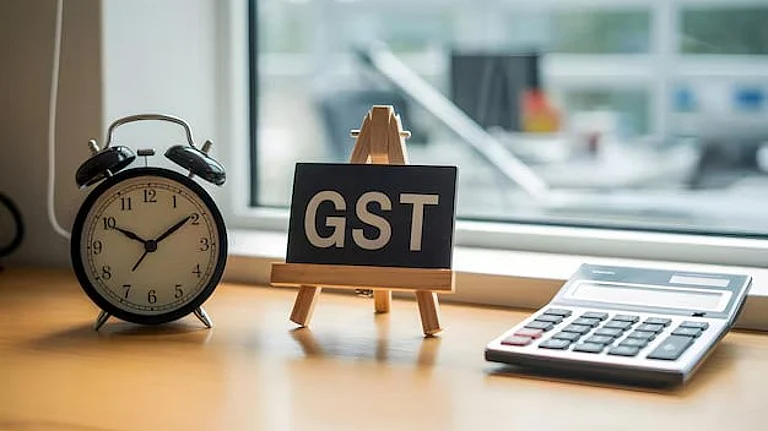
IIIPI report suggests reforms in taxation, insolvency, and procedural frameworks to improve insolvency resolution.
Recommends aligning Income Tax Act with IBC by making resolution plans tax-neutral and exempting debt waivers from tax.
Calls for clarity on treatment of brought-forward losses and minimum alternate tax provisions.
Suggests seamless GST input tax credit transfer during insolvency, exemption
A comprehensive set of reforms across taxation, insolvency and procedural frameworks can help streamline the insolvency resolution process, according to a report prepared by IIIPI.
The report by the study group of the Indian Institute of Insolvency Professionals of ICAI has suggested aligning the Income Tax Act with the Insolvency and Bankruptcy Code (IBC) by granting tax-neutral treatment to resolution plans and exempting debt waivers from tax liabilities.
Another suggestion is to ensure clarity on treatment of brought-forward losses and minimum alternate tax provisions, IIIPI said in a release, citing the report.
IIIPI is promoted by the Institute of Chartered Accountants of India (ICAI).
"In the sphere of Goods and Services Tax (GST), the study group recommends enabling seamless input tax credit transfer during corporate insolvency, exempting resolution applicants from legacy GST liabilities, and simplifying compliance requirements during the resolution process to encourage participation and revive stressed entities effectively," the release said.
Meanwhile, the government, on August 12, introduced a bill in the Lok Sabha to amend the IBC, proposing a raft of changes, including provisions to reduce the time taken for admission of insolvency resolution applications, an out-of-court mechanism to address genuine business failures, as well as group and cross-border insolvency frameworks.
The IBC, which came into force in 2016, has been amended six times so far, and the last amendment was made in 2021. It provides for a market-linked and time-bound resolution of stressed assets.
































